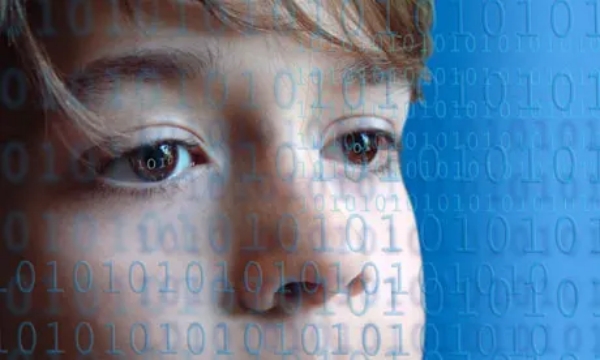Don't friend your students until after they graduate
and other little gems of digital literacy.

Eight years ago, the Guardian published 20 ways of thinking about digital literacy in higher education. Some of that advice is really evergreen, and deserves fresh exposure. Take it from 2012, while thinking to how far we are from certain visions today:
“All technology should facilitate critical reflection - awareness of the self and the ability to articulate ideas”
“Make sure that organisations embed digital literacy as a cultural approach and expectation rather than as a discrete thing that one or two staff members are responsible for ‘delivering’”
“A key digital literacy is how to manage distraction.”
“The idea that you build some kind of identifiable career capital online is likely to have a big influence on your ability to get a job.”
“Google now knows that [all my online nicknames] are me and that I can’t have a divided personality. My only piece of advice is don’t friend your students until after they graduate.”
Finally, the understatement of the decade (at least): “Developing digital literacy should also have an ethical dimension."
(This post was drafted in May 2020, but only put online in August, because… my coronavirus reports, of course)
Who writes this, why, and how to help
I am Marco Fioretti, tech writer and aspiring polymath doing human-digital research and popularization.
I do it because YOUR civil rights and the quality of YOUR life depend every year more on how software is used AROUND you.
To this end, I have already shared more than a million words on this blog, without any paywall or user tracking, and am sharing the next million through a newsletter, also without any paywall.
The more direct support I get, the more I can continue to inform for free parents, teachers, decision makers, and everybody else who should know more stuff like this. You can support me with paid subscriptions to my newsletter, donations via PayPal (mfioretti@nexaima.net) or LiberaPay, or in any of the other ways listed here.THANKS for your support!